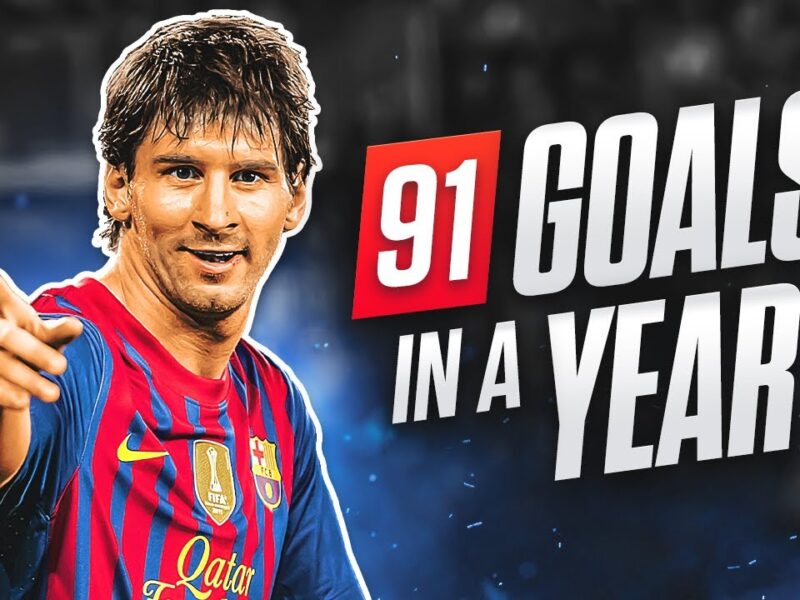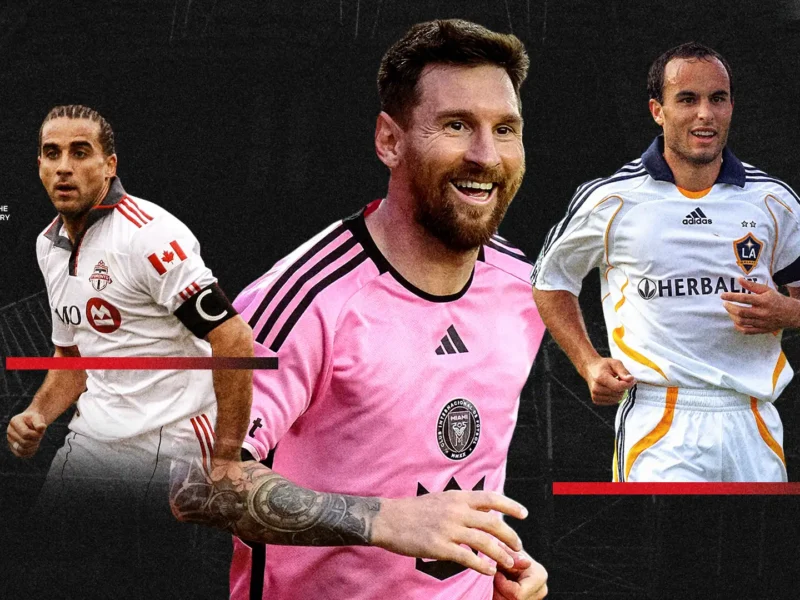Football might be a game loved by millions worldwide, but few people actually know that some of the geniuses who bless the pitch are just as genius off it as on.
While most former players go into coaching, punditry, or business after their on-field careers, a few have decided to take a shot at an area quite divergent from those, or even football altogether-medicine. These players are remembered not only for their contribution on the pitch but also for being qualified doctors.
To become a professional athlete, one needs years of dedication, discipline, and focus. Similarly, this holds for being in the medical field.
To juggle both is nothing short of extraordinary.
Today, we will take a closer look at some exceptional footballers who became doctors, thus setting a path for future generations to follow and dislodging the stereotype that athletes only think about sports.
1. Sócrates
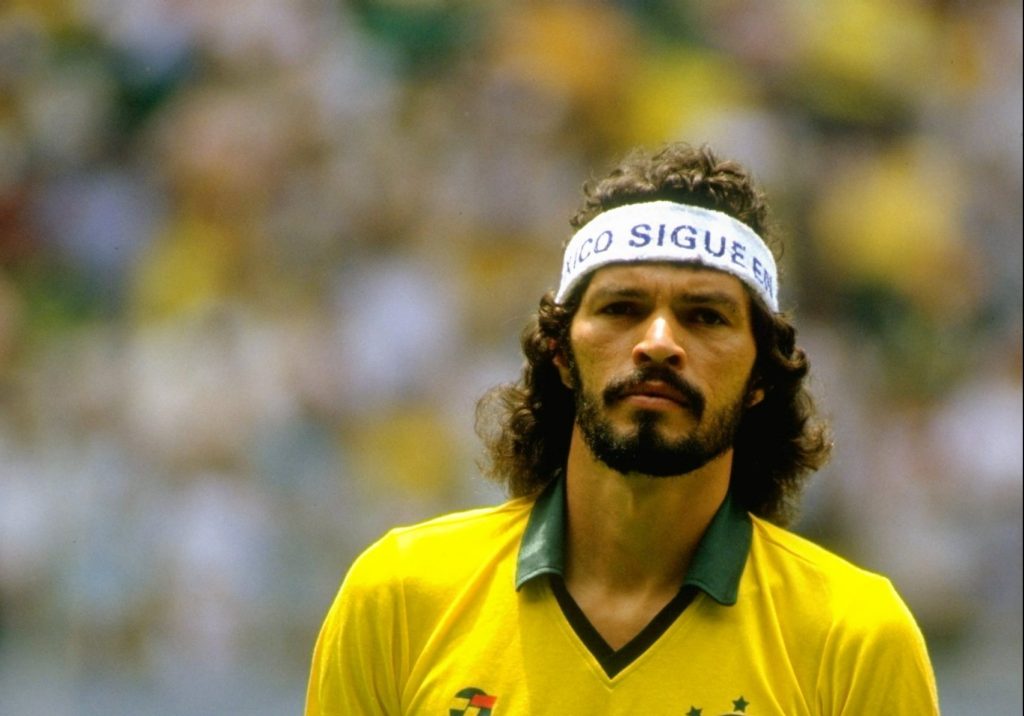
Socrates was, by his full name, Sócrates Brasileiro Sampaio de Souza Vieira de Oliveira. Rarely has there been a footballer of his generation who had more talent and, concurrently, more intellect.
Regarded by many as one of the finest footballers ever to play the game, the Brazilian midfielder left an indelible mark on the sport that can still be seen today.
With his classy style of play and great vision on the pitch, Sócrates captained the Brazilian national team at the 1982 World Cup, seldom remembered for flair and attacking brilliance.
He made 60 appearances from 1979 to 1986 for Brazil, scoring 22 goals, and became a favorite of the fans not only for his footballing skills but also for his character and leadership qualities.

Off the field, Socrates was a qualified physician who had studied at the University of São Paulo, and while he was still playing professional football, he managed to balance his time between training sessions to study and get a medical degree.
His combination of intellectual prowess with footballing genius earned him his nickname, “Doctor Sócrates.”.
Retired from football, Sócrates practiced medicine in Brazil, his birthplace, specializing in gastroenterology. He was also an active voice in Brazilian society regarding discussions related to politics, sports, and health.
A fighter for democracy, during his times in Corinthians, Sócrates led the very famous Corinthians Democracy movement-one of the significant player-driven efforts toward giving athletes a voice in club management.
The sad news is that Sócrates died in 2011, but he lives on in memory for being a footballer and a doctor. He was one of those men who justifies the argument that athletes can be more than just sportspeople-thinkers, leaders, and change-makers.
CHECK OUT | 10 Soccer Players That Have Youtube Channels
2. Nadia Nadim
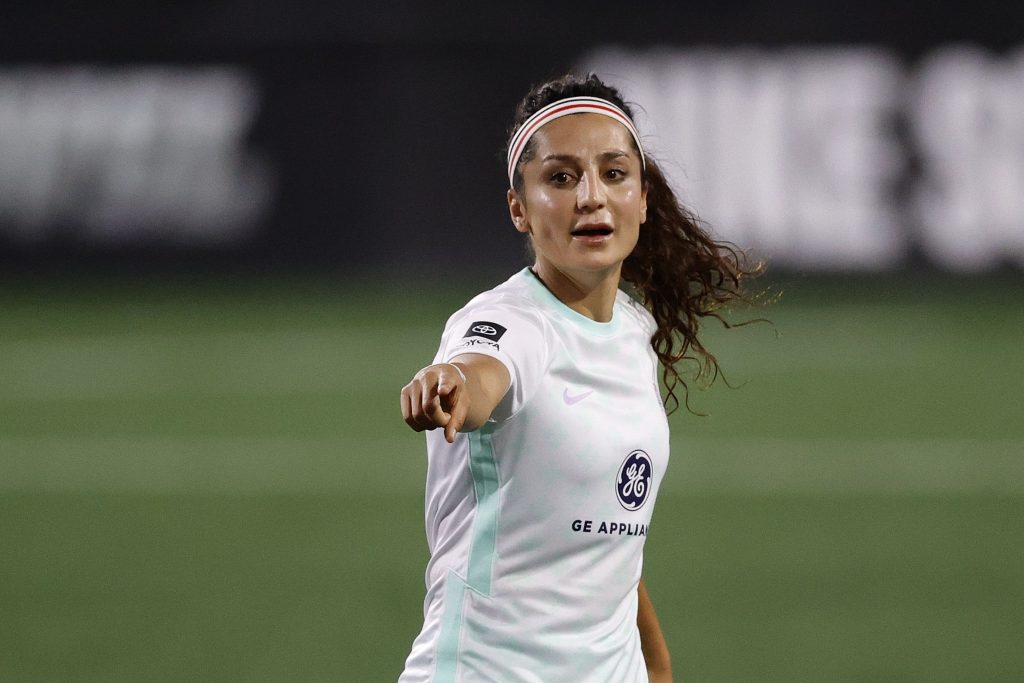
Ambitious, talented, and strong-willed, the story of Nadia Nadim is about survival and determination. Born in Afghanistan, one dramatic turn in life for Nadim came when her father was executed by the Taliban.
Fleeing into exile with her family, eventually asylum would be found for them in Denmark. It was in Denmark that Nadim’s footballing talent started to bloom.
The career of Nadim started in B52 Aalborg, but soon she was competing for some of the biggest clubs in the world.
During these years, she has worn jerseys like Manchester City, Paris Saint-Germain, and Racing Louisville FC, among others. Internationally, she has been such an important part of the Danish national team, competing in the UEFA Women’s Euro and the FIFA Women’s World Cup.
With well over 100 caps and 38 goals for Denmark, Nadim’s résumé is about as solid as they come.
But her achievements off the pitch are just as spectacular. While continuing her football career, Nadim pursued a medicine degree from Aarhus University in Denmark.
By 2020, she was assisting in surgeries, and in January of this year became a fully qualified doctor, taking up a specialism in reconstructive surgery.
The drive to be able to help others, for Nadim, stems from her own experiences as a refugee, and she has said that in the future, she would like to specialize in treating war injuries.
In addition to her medical and football careers, Nadim serves as an outspoken advocate for refugee rights and women’s equality.
She is living proof that one can excel in many fields while using one’s platform to make a difference in the world. Whether on the soccer field or in the operating room, Nadim continues to inspire people across the globe.
CHECK OUT | Do College Soccer Players Earn Money For Playing?
3. Kenny Deuchar
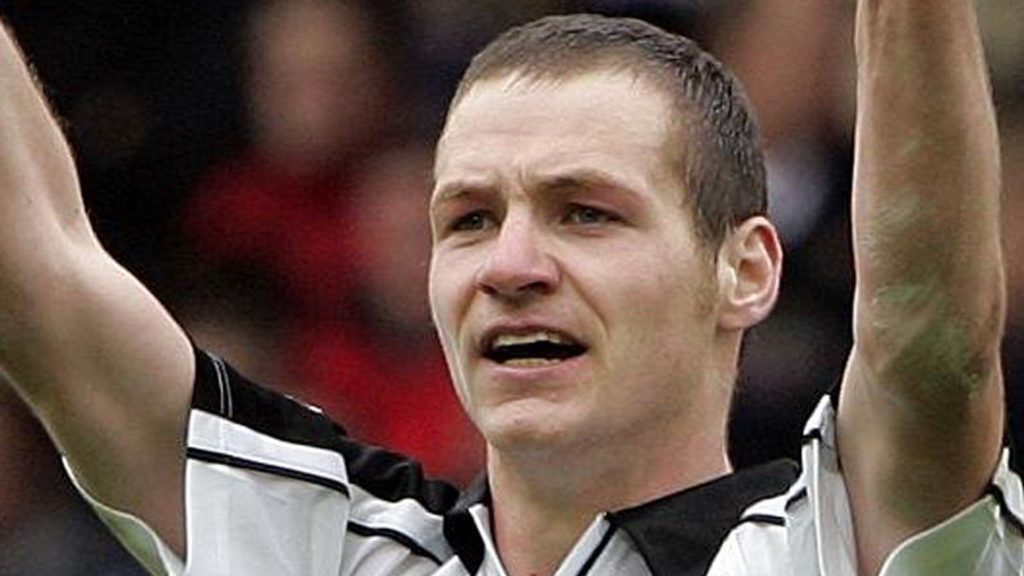
Deuchar would be a perfect example of how one man can shine in two completely different professions. Born in Scotland in 1980, Deuchar started his professional football career with Falkirk in the year 1998.
In the next ten or so years, he would play for East Fife, St. Johnstone, Hamilton Academical, and others. But it was at Gretna that Deuchar really made a name for himself.
His cold finishing in front of the goal gave him the nickname “The Good Doctor,” an expression out of respect to both his footballing skills and his aspirations to become a medical doctor.
He was a prolific 63 goals in 93 league appearances from 2004-2007, as Gretna gained promotion through the Scottish leagues. Those goal-scoring tendencies were good enough to catch Real Salt Lake of Major League Soccer’s eye, and Deuchar had a brief spell in the United States.
Having returned to Scotland, he continued playing for a number of other clubs before retiring in 2013.
But all the same, the football pitch was not where Deuchar’s journey ended. All through his footballing career, he had always been working his way up to become a doctor. Actually, he was already practicing as a doctor while playing football.
At the end of his final retirement from the game, Deuchar fully got into being a medical practitioner, serving as a general practitioner in Scotland. That he could balance the grueling demands of both professional football and medical school says volumes about his work ethics and commitment.
He also opened two restaurants in his native Scotland, namely The Wheelhouse and The Boathouse. Due to liquidation in 2018, the restaurants had to be sold.
But Deuchar’s legacy remains as both a footballer and a doctor, since few can boast that they have mastered such two careers, but he did with style and determination.
CHECK OUT | The Tallest Female Soccer Players in the World
4. Paul Tisdale
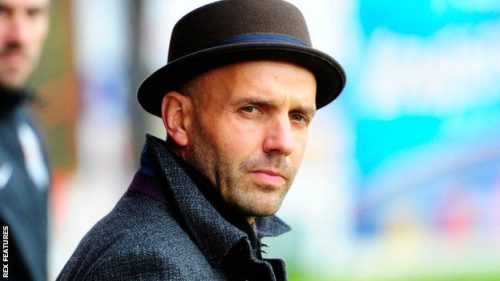
Paul Tisdale is a manager, really, which also means his long and successful spell at Exeter City, where he had spent more than a decade as the club’s manager. Before he became a football manager, the career path of Tisdale almost took a very different turn.
Tisdale had been a brilliant student and once considered a career in medicine.
Though he ultimately chose football over medical school, the academic mindset has somewhat stayed with him through his career. Thoughtful and analytical in his approach to management, Tisdale has built a reputation as one of the more cerebral figures in the game.
This is evidenced by his success as a manager, particularly for having guided Exeter City through promotion from League Two, not only through astute tactical insight but also in being able to evolve with the demands of professional football.
Whilst Tisdale may have never finished medical studies, his story shows that footballers aren’t just physically athletic individuals but multi-dimensional human beings with the capacity to excel in many other activities that do not constitute the sport itself.
5. Tomi Janković
Tomi Janković is a Croatian footballer who played for clubs like NK Zagreb and may not be as internationally well-recognized as Sócrates or Nadia Nadim, but his story is quite interesting.
The most interesting thing about Janković is how he managed to study for a medical degree while still playing professional football-a really disciplined and time-consuming feat.
After his football career, Janković became a fully qualified surgeon. That he could balance football with medical school speaks volumes about determination and work ethics.
The story of Janković tries to demystify the stereotype that footballers have passion only for their sport; in reality, they can be oriented toward anything outside of football.


